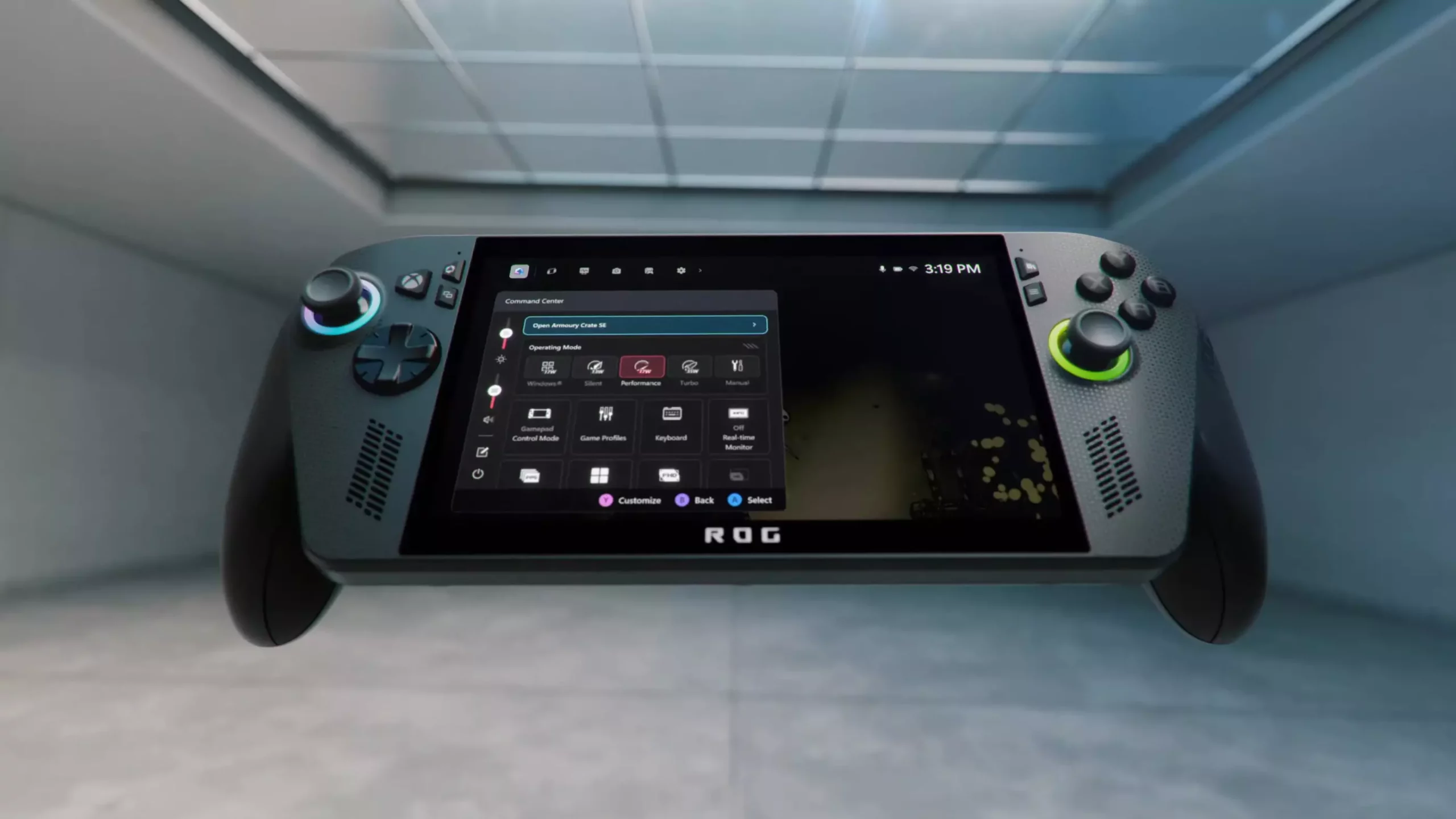The recent claims from The Verge regarding the demise of Microsoft’s Xbox handheld console — described as “essentially canceled” — come as a shock to many gaming enthusiasts. This report hints at significant changes in Microsoft’s gaming strategy. Although fans were barely given a glimpse of this innovation, the news that it may already be dead leaves many scratching their heads. Could a groundbreaking handheld device really disappear before it even had a chance to make an impact? This isn’t merely a tale of a product withdrawal; it signals a potential shift in how Microsoft approaches its gaming ecosystem.
Understanding the Core of the Rumor
First and foremost, the claim that the Xbox handheld is “toast” needs examination in context. It’s essential to clarify that the products, such as the Asus ROG Xbox Ally X, are not actual Xbox devices. Instead, they seem to function as modified PCs designed to provide a streamlined gaming experience. They seemingly leverage existing PC technology and a tailored Windows variant that omits unnecessary features—an intriguing initiative, but one that diverges from traditional console production. This blurring of the lines between handheld gaming and PC gaming raises significant questions about the future of the Xbox brand as we know it.
Interestingly, this rumored cancellation leads to speculation about what the future holds for Xbox. It raises the possibility that Microsoft is no longer interested in manufacturing its own consoles but is instead seeking partnerships to help distribute its gaming services. By collaborating with companies like Asus for hardware, Microsoft is perhaps opting for a model where Xbox is less about a single device and more a software and services brand residing on varied hardware platforms, which challenges the very essence of console identity.
The Role of Game Pass in Microsoft’s Vision
As the gaming landscape evolves, retaining Game Pass subscribers may be at the forefront of Microsoft’s strategy. By licensing out its branding and technology, Microsoft could focus on providing a rich user experience devoid of the constraints tied to physical hardware. Imagine an ecosystem where any device, powered by a version of Windows custom-designed for gaming, could potentially function as an Xbox. This adaptability is expected to not only streamline Xbox’s offerings but also expand the number of devices carrying Xbox branding, further increasing its influence in the gaming industry.
Additionally, this concept supports a future where emulation and streaming technologies allow gamers to access legacy Xbox titles on any compatible device. This bold move should prompt industry analysts to reconsider how we define “consoles” within the realm of gaming. The traditional console could be on the verge of obsolescence, replaced by a more fluid framework reflecting the convergence of gaming and computing.
What Does This Mean for Gamers?
For gamers, these developments could mean more choices in how and where they engage with Xbox’s services. A wider array of devices that offer varying price points and performance will cater to different audiences, from casual gamers to hardcore enthusiasts. Yet, this shift may also evoke concern among those who cherish the idea of dedicated gaming hardware. What does a future devoid of traditional consoles hold? Will gamers embrace this new era of gaming defined primarily by software, regardless of how it is delivered or experienced?
As the Xbox Games Showcase suggested by rebranding its identity to “Xbox PC,” it becomes clear that Microsoft is positioning itself to be a prominent player in the broader gaming market, including Steam and other competitors. Unsurprisingly, this has raised eyebrows, as it signifies a potential departure from exclusive hardware offerings. The shift could ultimately redefine the competitive landscape of gaming, favoring flexibility and inclusivity over the confines of standard console design.
The Unfolding Narrative in the Gaming World
While the destiny of Microsoft’s latest handheld venture hangs in the balance, there is potential for a more profound transformation within the industry as a whole. Microsoft’s apparent rethinking of its hardware strategy paints a picture of resilience in the face of changing consumer preferences. Whether this adaptation is a shrewd response to the market or indicative of deeper issues remains to be seen. However, one fact remains clear: the streamlining of Windows for gaming and the collaboration with hardware partners will certainly shape the narrative for the future of Xbox and its place in an evolving digital entertainment ecosystem. The gaming world is on the cusp of change, and as always, it is up to gamers to determine how they will respond to these developments.

